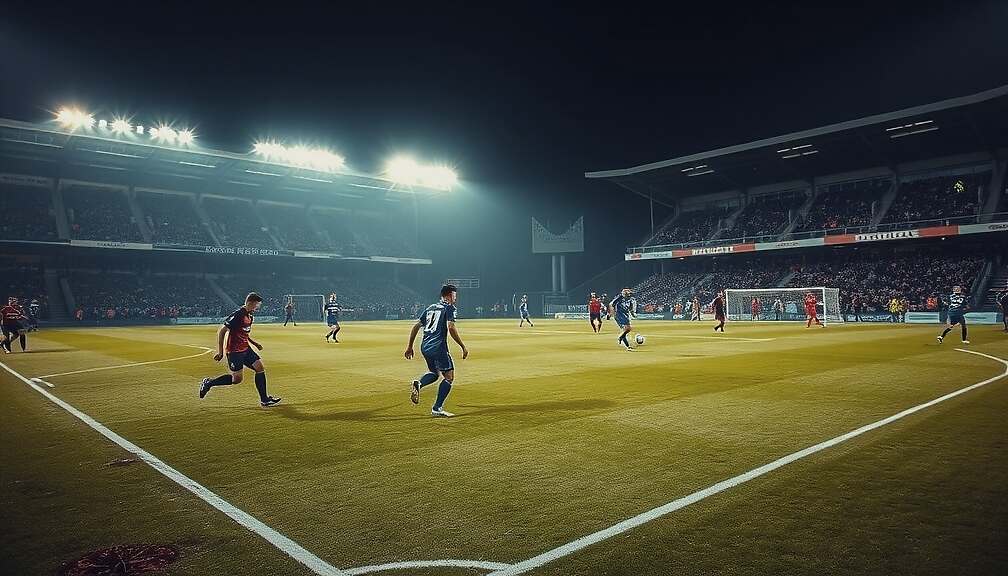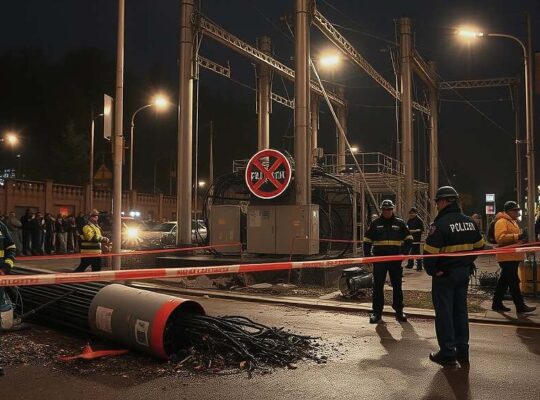Germany secured its position atop Group A in the World Cup qualifying campaign with a 2-0 victory over Luxembourg on Friday evening, a result that belied a surprisingly challenging encounter for Julian Nagelsmann’s side. While the win guarantees progression, the performance has ignited a debate surrounding the team’s consistency and tactical adaptability against determined, lower-ranked opponents.
The match, played in the Stade de Luxembourg, initially presented a formidable test for the heavily favored Germans. Luxembourg demonstrated a spirited and courageous performance, frequently disrupting Germany’s rhythm and posing a significant threat on the counter-attack. Several occasions saw the hosts create promising opportunities, even enjoying a slight edge in chances during the first half; a stark contrast to the expected dominance. The compact and well-organized Luxembourg defense proved particularly troublesome, frustrating the DFB-Elf’s build-up play and denying them clear scoring opportunities.
Nick Woltemade’s well-worked goal shortly after halftime finally broke the deadlock, but Luxembourg responded with two significant chances to equalize, narrowly failing to convert. The fragility of Germany’s lead prompted an early substitution by Nagelsmann, bringing Leon Goretzka off due to concerns regarding a potential second yellow card. Shortly thereafter, a somewhat fortuitous, yet beautifully constructed, second goal by Woltemade extended Germany’s advantage.
Following the second goal, Luxembourg visibly lost some of its intensity, although they continued to display commitment. Germany then seemingly adopted a strategy of damage limitation, content to passively manage the game and secure the victory. This cautious approach, while effective, has drawn criticism. While the result is positive, the unexpectedly difficult contest raises further questions about Germany’s ability to break down resolute defenses and maintain consistent performance levels, a critical factor heading into the increasingly competitive international landscape. The reliance on individual moments of brilliance, rather than sustained tactical superiority, appears to remain a recurring issue for the national team.












